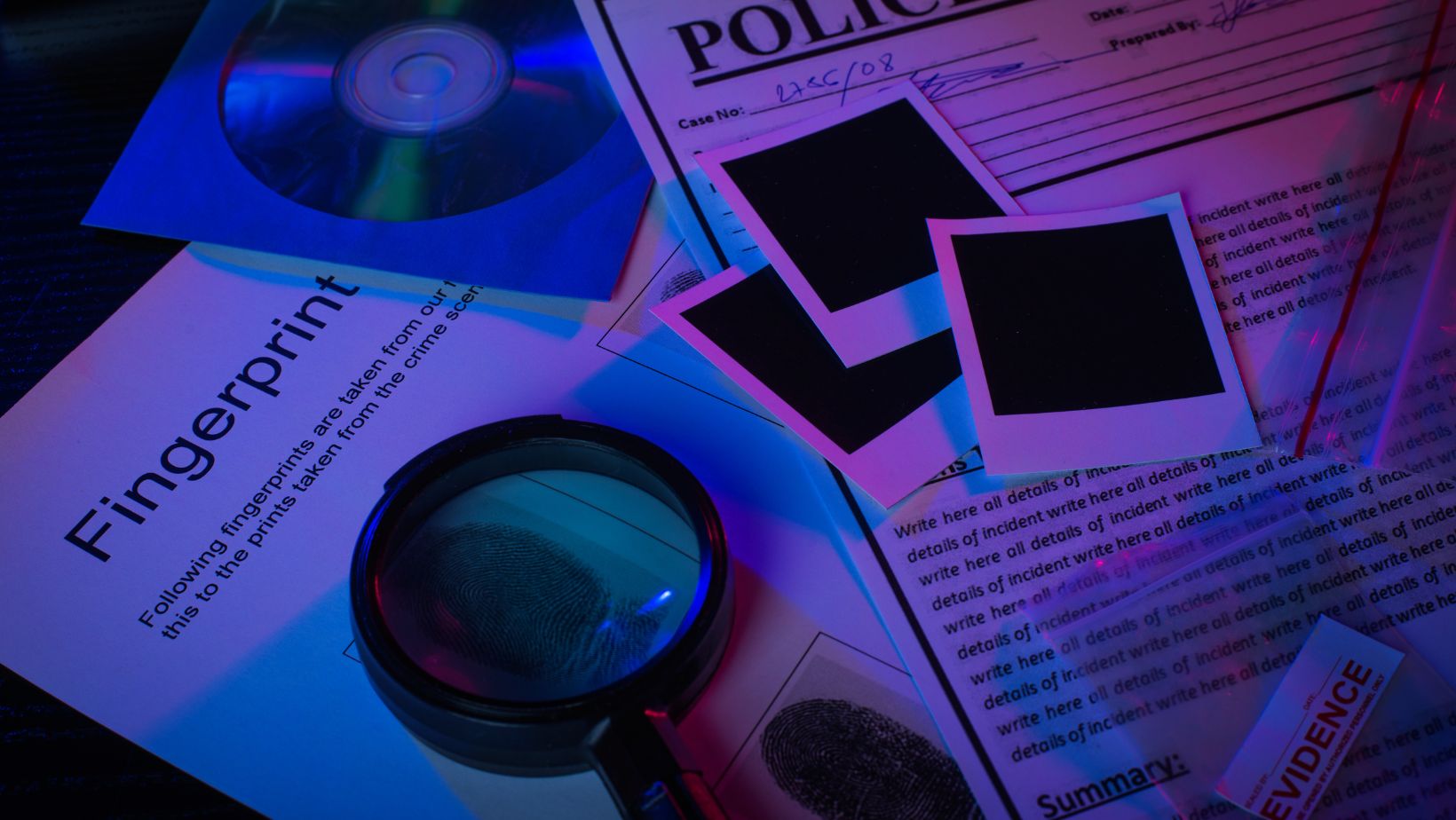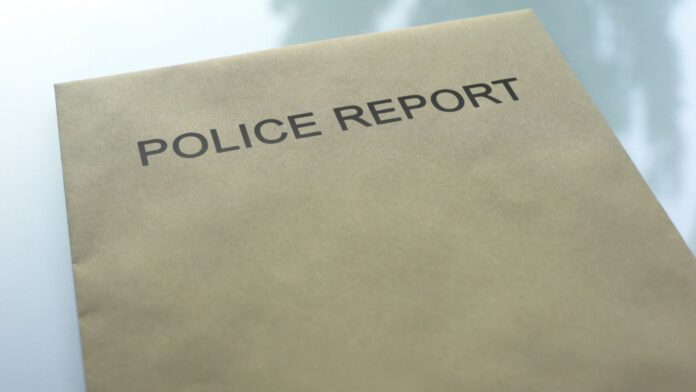If you File a Police Report on Someone are They Notified
Wondering if filing a police report on someone will automatically notify them? Curious if it’s possible to file a police report anonymously? These are common questions that arise when dealing with legal matters. In this article, I’ll provide you with the answers you’re looking for.
When you file a police report on someone, they are not typically immediately notified about it. The purpose of filing a report is to document an incident or alleged crime, which then becomes part of the official record. However, depending on the nature of the case and the progress of the investigation, law enforcement authorities may eventually reach out to the individual mentioned in the report.
As for anonymity, it is possible to file a police report anonymously in certain circumstances. Many police departments have procedures in place that allow individuals to submit reports without revealing their identity. This can be beneficial when reporting sensitive information or fearing potential retaliation. However, keep in mind that anonymous reports may limit law enforcement’s ability to follow up effectively.
So there you have it – filing a police report does not necessarily result in immediate notification to the person involved, and under specific circumstances, you can choose to file anonymously. Understanding these aspects can help inform your decision-making process when dealing with legal matters and seeking justice.

Understanding the Process of Filing a Police Report
When it comes to filing a police report, there are certain steps and considerations to keep in mind. Whether you’re wondering if the person you filed against will be notified or if you can file anonymously, understanding the process is crucial. Let’s delve into the details.
- Contacting Law Enforcement: The first step in filing a police report is reaching out to your local law enforcement agency. This can typically be done by visiting the nearest police station, calling their non-emergency number, or even utilizing online reporting systems if available. Be prepared to provide detailed information about the incident, including dates, times, locations, and any supporting evidence you may have.
- Providing Your Identity: In most cases, when filing a police report, you’ll need to provide your identity as part of the process. While some agencies may allow anonymous reports for certain types of crimes like drug tips or frauds, it’s important to consult with local authorities to understand their specific policies regarding anonymity. Remember that providing accurate personal information helps establish credibility and assists law enforcement in their investigations.
- Confidentiality Measures: Even though your identity might not be disclosed publicly without valid reasons such as court proceedings or legal obligations, it’s essential to remember that confidentiality cannot always be guaranteed when filing a police report. Investigators and related personnel involved in the case will have access to this information for investigative purposes.
- Notifying Parties Involved: Once a police report is filed, whether an individual is notified depends on various factors such as ongoing investigations and legal proceedings. If charges are pressed against someone based on your report, they may become aware of it through official channels like being served with summonses or warrants.
- Seek Legal Advice: If you have concerns about privacy or potential repercussions from filing a police report against someone, consulting with an attorney could provide valuable guidance tailored to your specific situation.
Remember that each jurisdiction may have its own unique processes and regulations regarding filing police reports, so it’s important to familiarize yourself with the laws and procedures in your area. By understanding the process, you can make informed decisions while pursuing justice or reporting criminal activities. Once a police report is filed, there are several steps that typically follow. While the specific procedures may vary depending on the jurisdiction and nature of the incident, here is a general outline of what happens once a police report is filed:
- Initial Assessment: After you file a police report, it will be evaluated by law enforcement officials who will assess its validity and determine the appropriate course of action. They will evaluate factors such as the seriousness of the offense, available evidence, and any immediate threat to public safety.
- Investigation: If deemed necessary, an investigation will be initiated based on the information provided in the police report. This may involve gathering additional evidence, interviewing witnesses or involved parties, and conducting forensic analysis if applicable.
- Assigning a Case Number: Each filed report is assigned a unique case number for reference purposes. This number helps track and organize all related documentation and activities associated with your case.
- Contacting Involved Parties: Depending on the situation described in your report, law enforcement officials may reach out to you or other individuals involved for further clarification or to gather additional information relevant to their investigation.
- Follow-up Actions: Once an investigation has progressed, law enforcement authorities may take various actions based on their findings. This can include making arrests if there is sufficient evidence of criminal activity or providing support services if necessary (such as referring victims to counseling resources).


